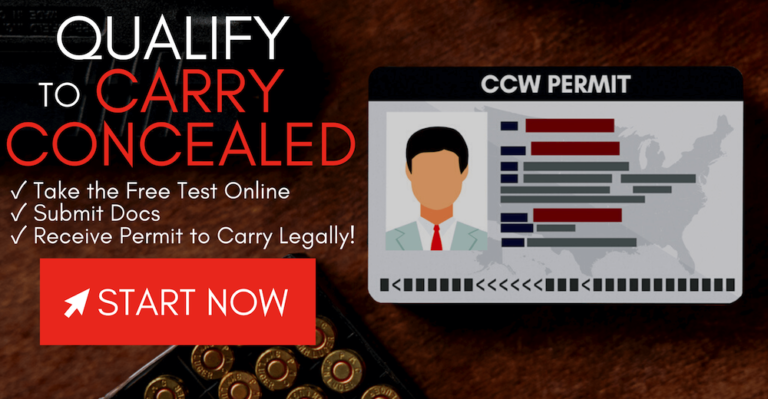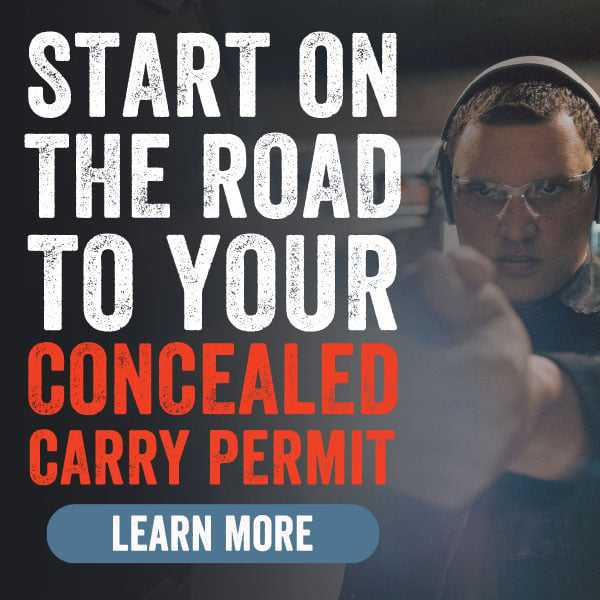Are you considering a move soon? Whether you’re dreaming of building your own home or buying that perfect house, there’s an essential aspect you shouldn’t overlook: home safety. In a revealing webinar led by Austin Davis, Concealed Coalition’s National Director of Training, and co-host Kaci, a marketing director and mother of three, vital home safety and crime prevention tips are unveiled.
This engaging conversation, initially underestimated in its importance, transformed into a treasure trove of strategies crucial for anyone looking to create a safe haven for their family in a new home.
Dive into these invaluable insights and arm yourself with knowledge to make your next move not just a change of address, but a step towards enhanced safety and peace of mind.
Kaci’s Context for Home Safety: A Family Moving to a New Area
Kaci, intent on moving her family to a more rural area within the Dallas Fort Worth region, brings a unique perspective to this discussion. As a Dallas city dweller unfamiliar with the Fort Worth side, her concerns are centered around finding a safe neighborhood for her children, understanding the local safety dynamics, and creating a secure home environment.
Public, Private, and Intimate: The Three Spheres of Home Safety
Austin Davis breaks down the concept of home safety into three categories: public, private, and intimate spaces. This approach provides a comprehensive understanding of the different aspects of safety one must consider when moving.
Public Spaces: Understanding the Broader Community
The public aspect involves the larger community and environment where the home is located. Austin emphasizes the importance of researching the crime profile of the area, understanding the efficiency of local law enforcement, and even considering the impact of the district attorney’s policies. He advises potential movers to consider how these factors might affect their safety and to make informed decisions based on this broader understanding.
Austin urges families to look beyond obvious indicators of safety, such as sex offender registries. He cautions that these registries do not necessarily provide a complete picture of potential threats in a neighborhood.
A key consideration for families moving to more rural areas is the response time of emergency services. Austin points out that living in rural settings might require a higher degree of self-reliance in emergencies compared to urban areas.
Private Spaces: Gated Communities and Neighborhood Dynamics
In discussing private spaces, Austin highlights the pros and cons of living in gated communities versus open neighborhoods. While gated communities can offer added security, they may also impose restrictions through homeowner associations. The strength and policies of these associations can significantly influence the safety and quality of life within the community.
Neighbors can greatly influence your living experience. Austin categorizes neighbors into good, bad, and unknown, stressing the importance of building positive relationships with them. He suggests considering potential scenarios with neighbors when choosing a home, especially in terms of shared spaces or property boundaries.
Intimate Spaces: Securing Your Personal Home
When it comes to intimate spaces, the focus shifts to the actual physical structure of the home. Austin advises considering the safety features of the house itself, including door strength, window security, and the overall layout of the home. He emphasizes the importance of strong, secure doors in all entry points and suggests considering the layout in terms of emergency situations, like fires or home invasions.
For families opting to build their homes, like Kaci’s, Austin provides specific advice on construction elements. This includes recommendations for secure doors, windows, and overall home layout. He stresses the significance of integrating safety into the design of the house, particularly when it involves children.
Comprehensive Home Safety for Your Family
The webinar concludes with a reminder of the importance of evaluating safety from multiple perspectives when moving to a new home. Austin encourages families to take a holistic approach, considering the public, private, and intimate aspects of home safety. This comprehensive evaluation ensures not just a safe home but a secure environment for the entire family.
Looking to instill a culture of safety for yourself, your family, and perhaps even your neighborhood, perhaps through a Neighborhood Watch group? Concealed Coalition University is an exciting, fast-paced, and actionable video curriculum with modules on all things neighborhood and home safety. Learn more about Concealed Coalition University here.




